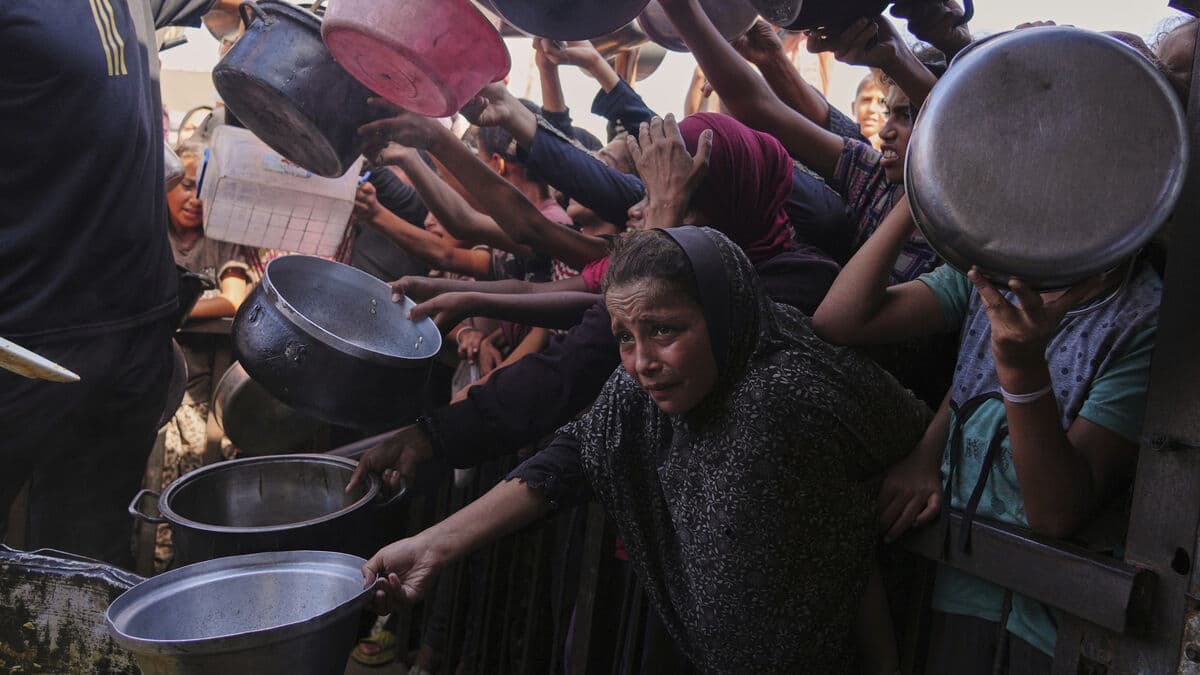A detailed 60-day plan is to provide the distressed inhabitants with vital supplies.
Our plan, detailed and tested, is in place, says the UN's humanitarian chief Tom Fletcher according to AFP.
It is initially about at least 170,000 tons of aid: food, medicine, and other supplies. The UN is ready with teams that will be responsible for distributing the aid to the Palestinians in Gaza.
Israel's blockade has cut off life-saving aid to Gaza, which has led to famine being declared in parts of the strip. The UN aims to get in hundreds of trucks with aid now that the ceasefire is in place, with the goal of providing 2.1 million people with food and helping bakeries and soup kitchens to get back on their feet.
Combat famine
The plan also includes specific nutritional support to around half a million severely malnourished people.
Famine must be combated in areas where it has taken hold – and prevented in other areas, says Fletcher in a live press conference from Saudi Arabia.
Within the framework of the UN plan, 1.4 million people will be provided with water and sanitation services, as well as hygiene items such as soap, detergent, and sanitary towels.
We will help to rebuild the water network, repair sewage leaks and pumping stations, says Fletcher.
Requires money and security
The UN will also work to build up the Gaza Strip's decimated healthcare system. This includes physical and mental rehabilitation of hundreds of thousands of war-affected Palestinians.
Temporary schools for 700,000 children will also be established.
For the UN's plan to be implemented, however, several things are required, emphasizes Fletcher. Israel must allow an influx of aid through several different corridors and security arrangements to prevent looting. The UN also needs more money – so far, only 28 percent of the amount the UN has requested for Gaza has come in.
Let us be clear: This problem will not be solved in two months.






